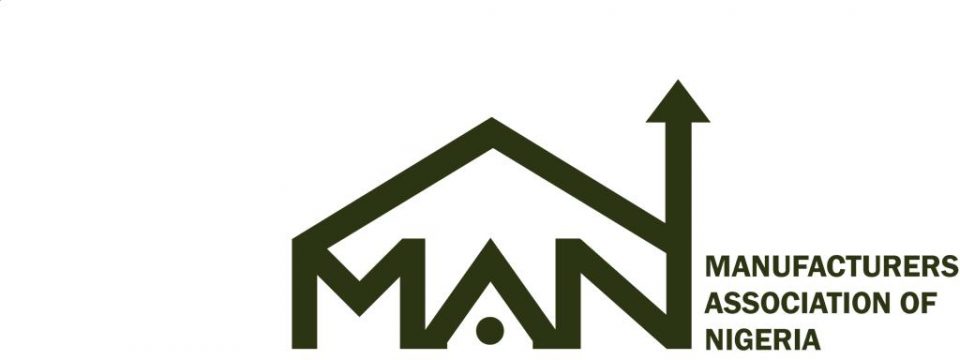The Manufacturers Association of Nigeria (MAN) has raised the alarm over a proposed reintroduction of the suspended 4% Free-on-Board (FOB) levy by the Nigeria Customs Service (NCS), warning that the move could cripple the country’s fragile manufacturing sector and derail national industrialisation goals.
In a strongly worded statement issued on Monday, April 29, MAN’s Director-General, Segun Ajayi-Kadir, described the levy as “catastrophic” and warned that it would “jeopardise Nigeria’s aspiration to become an investment destination and an industrial hub in the West African sub-region.”
He said the manufacturing industry is already under immense pressure, and the FOB levy would only worsen its situation. “De-industrialisation stares us in the face,” Ajayi-Kadir cautioned.
According to MAN, the proposed levy contradicts the current fiscal policy reforms of the Federal Government, which aim to reduce the cost of doing business, harmonise levies, and attract new investments.
Ajayi-Kadir criticised the Customs Service for failing to honour its promise to consult widely with stakeholders before taking any decision on the matter. “We didn’t expect to read in the pages of newspapers that the levy will be reintroduced,” he said. “We admonish that the decision should be put away before it degenerates into an economic quagmire.”
He warned that in addition to the 1% Comprehensive Import Supervision Scheme (CISS) already in place, the new levy would intensify inflationary pressures, force more factories to shut down, and stifle non-oil exports
MAN painted a grim picture of what the 4% levy could trigger in the economy:
- A surge in import costs
- Disruption in industrial supply chains
- Shortages of raw materials
- Increased demurrage at ports
- More unsold inventory and factory shutdowns
“This is coming at a time when manufacturers are still battling the 15% hike in port charges, high import duty rates, forex volatility, and skyrocketing energy costs,” Ajayi-Kadir said.
He revealed that the cost of importation into Nigeria rose by over 118% between January–September 2023 and the same period in 2024—from N2.07 trillion to N4.53 trillion.
With inflation previously peaking at a 30-year high of 34.8% before the recent rebasing to 24.23% in March 2025, the group warned that reintroducing the levy would only deepen the hardship faced by businesses and consumers alike.
“This levy will only drive up the cost of locally produced goods, worsen inflation, and further squeeze household incomes,” MAN warned, adding that it would also increase the appeal of smuggling, under-declaration, and other trade infractions.
MAN urged the Federal Government to direct the Nigeria Customs Service to immediately shelve the plan and instead focus on policies that promote ease of doing business and strengthen local production capacity.
Ajayi-Kadir also called for alignment with international best practices where countries are actively promoting industrialisation and protecting domestic manufacturers from hostile trade policies.
